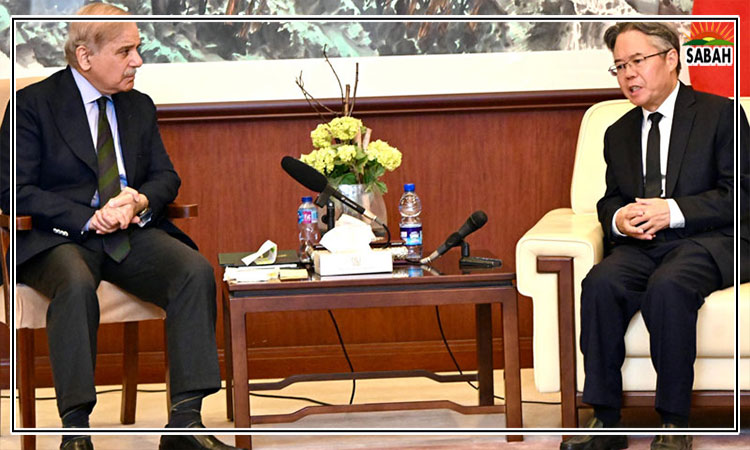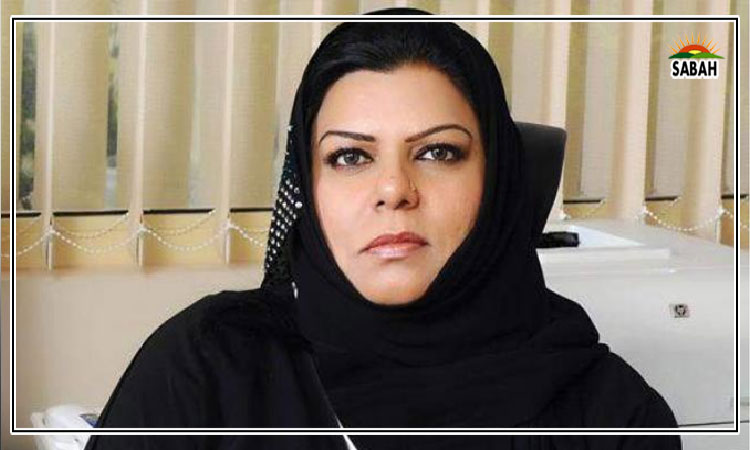The great sin….Ali Hassan Bangwar
The concept of sin remains a central social percept for millenniums now. The philosophy behind the term aims at deterring certain worldly actions through heavenly notions of retributions. The categorisation of sins lies in their negation of divine injunctions and the rights of fellows in many religious teachings. A human act that defies the divine commandments or infringes on the assigned rights of fellows has been sanctioned with vengeance in the afterlife. History, however, witnesses that people and societies often defy theistic obligations and exploit the same for their vested interests.
Unlike the theistically proscribed acts, worldly sin or a social sin (also called crimes and offences in jurisprudence) has predictably detrimental social implications and punishment. Although the concept, definition and severity attached to social sins vary in different cultural and social contexts, the same has been undergoing a practical transformation in our society. Evidently, the divine, legal, ethical and moral edicts attached to the actions have been evaporating and reducing to ritualistic displays for most of us around. Instead, the original notions around sin or crime are increasingly getting replaced with contextual definitions of actions built on their relative productivity for the doer for the time being.
Therefore, most of us are developing a sense of defiance for any sort of law be it heavenly or mundane but by the apprehensions of self-harm. For most of us, sin isnt something proscribed by the earthly or heavenly obligations, nor is it an act condemned by ones own conscience. Rather, it is something that contains the foretaste of harming ourselves and our interests alone. In other words, any act, regardless of any commandment, that benefits an individual or group is defined as permissible. Meanwhile, an act that leaves detrimental impacts on the doer alone, or those experiencing it, makes it a sin for the doer (s). What is, in this context, the great sin of our society?
Answering this requires the relative appraisal of practices and policies based on their genuine costs for the doer and the extent of their popular public distaste in this life. It isnt corruption as evident from its invaluable dividend for the beholders and proponents and the general acceptance and implied legal assent. Weighing the financial health of the corrupt would do away with the delusions of corruption being a sin altogether in our society. Is it hypocrisy? No, it isnt. Its one of the most profitable practices today. The practitioners of this hold incalculable material and social leverage in our part of the world.
Dont they? It then might be lying. Isnt it? The answer, in this case too, is in negation. Any doubt? Brainstorm, for a while, on the exhaustive list of white lies peddled on by the power corridor of our society for over seven and half decades and the subsequent privileges they own. It should be an injustice. Shouldnt it be? The health of its practitioner and preventers speaks otherwise. Nothing in our society appears as profitable as the manipulation and the marketing of justice. Arent public grievances capitalised by the self-styled, self-proclaimed social workers in the name of redress? It must be, for some, the growing culture of sycophancy. Bootlick is increasingly becoming a lucrative and one of the most sought-after acts today.
Count the overnight perks of parvenu around and you get convinced that it isnt. Is it being irreligious? Recall for a while the irreligiously lucrative trade of religion in the name of religion. If you think being irreligious is the greatest sin, you lose sight of the privileges of its auctioneers and so-called champions. Whats it then? Its poverty. Isnt it horrifying even to imagine the life of a labourer today when a kilogramme of wheat flour costs around 150 bucks? Amidst the unprecedentedly agonising physical, social, psychological and moral humiliation a poor undergoes in our status-conscious society, terming poverty as the great sin wouldnt be an exaggeration altogether.
Courtesy The Express Tribune











